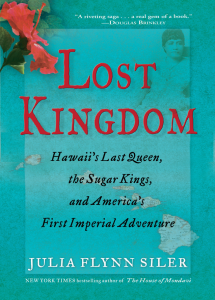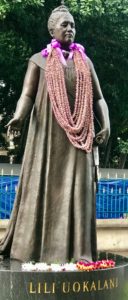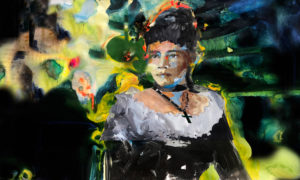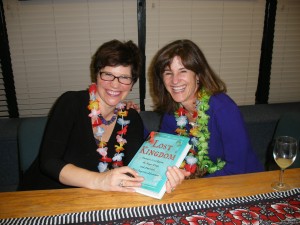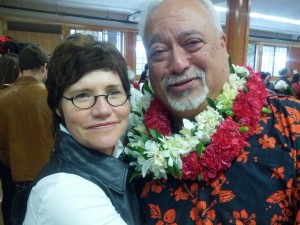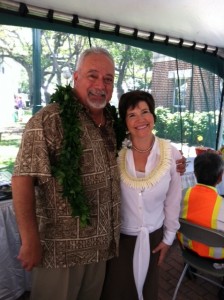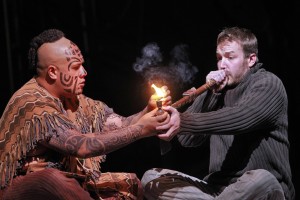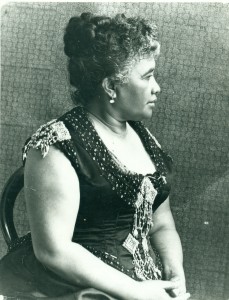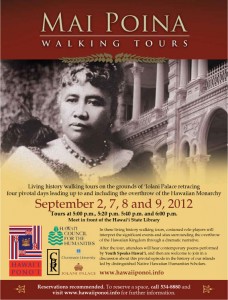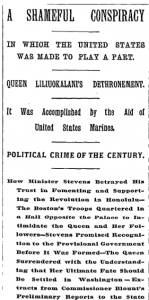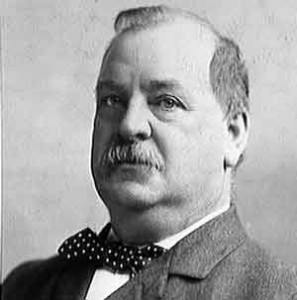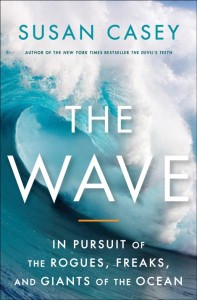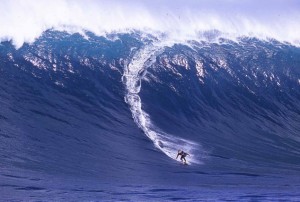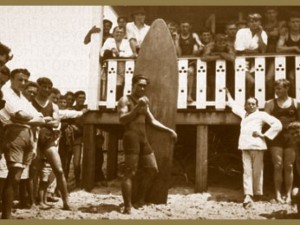A few weeks ago, I was asked by a producer at Wondery if I’d be interested in being interviewed for the podcast American History Tellers about Hawaii’s last queen. I hesitated at first because my book on Hawaii had been published more than a decade ago. Agreeing to the interview would mean that I’d have to give myself a crash refresher course on my own book.
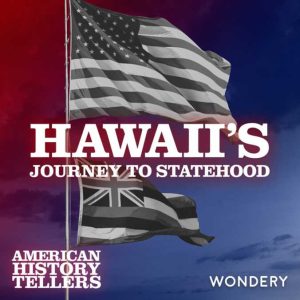 Since I’d never fully listened to the audio version of Lost Kingdom: Hawaii’s Last Queen, the Sugar Kings, and America’s First Imperial Adventure, I dove into it to prepare for the interview. Produced by Brilliance Audio and narrated beautifully by Joyce Bean, who mastered the Hawaiian names and words, I felt as if I was reading someone else’s book. It was a joy to have a voice actor read it to me.
Since I’d never fully listened to the audio version of Lost Kingdom: Hawaii’s Last Queen, the Sugar Kings, and America’s First Imperial Adventure, I dove into it to prepare for the interview. Produced by Brilliance Audio and narrated beautifully by Joyce Bean, who mastered the Hawaiian names and words, I felt as if I was reading someone else’s book. It was a joy to have a voice actor read it to me.
Working with the producers Lushik Lotus Lee and Polly Stryker from Wondery was a pleasure. We ended up doing two takes of the interview, in large part because I wasn’t as relaxed as I might have been during the first one. When Polly made the trek to my house to re-tape it a second time, the interview flowed more smoothly. Not to mention that Polly brought me a gift of homemade marmalade as a gift!
A few days later, Polly shared with me an article she’d found from Hawai’i Magazine titled “5 Beautiful Versions of ‘Aloha Oe,’ Queen Lili’uokalani’s Most Famous Song.” To my surprise, the magazine had found versions of Aloha Oe covered by Israel “Iz” Kamakawiwoole, Tia Carrere, slack key master George Kahumoku Jr, and Amy Hanaiali’I – but also a haunting version by Johnny Cash.
American History Teller’s host, Lindsay Graham, asked me at the end of our interview what I thought Queen Lili’uokalani’s most powerful legacy might be. She sat on the throne for a brief period – from 1891 to 1893. Yet the more than one hundred songs she composed are still performed today. To many people, she is remembered as much as a composer as a queen.
